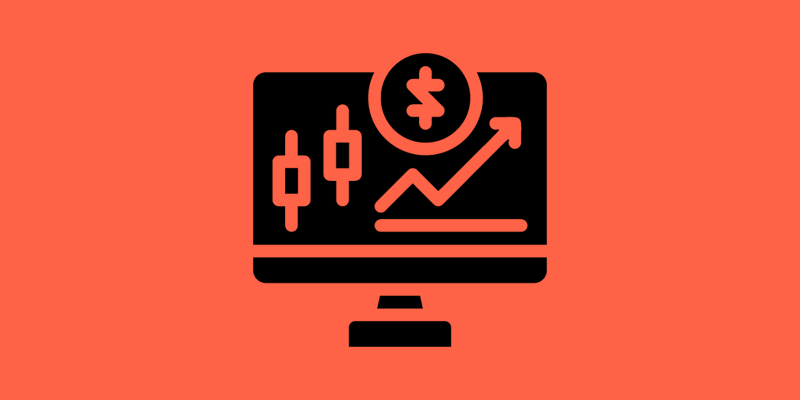The Evolution of Financial Markets
In the world of finance, speed is of the essence. Traders who can act on market data the quickest often reap the greatest rewards. This need for speed has given rise to high-frequency trading (HFT), a strategy that leverages advanced technologies, including Artificial Intelligence (AI), to execute trades at speeds unimaginable just a few decades ago. This article dives into the exciting world of AI-driven high-frequency trading, exploring its evolution, benefits, and the challenges it presents to the financial landscape.
High-Frequency Trading (HFT): A Rapid Evolution
High-frequency trading refers to the practice of buying and selling financial instruments within extremely short timeframes, often measured in microseconds. This practice has evolved significantly since its inception:
- Manual Trading: In the early days, HFT was primarily manual, involving traders reacting quickly to market data
- Algorithmic Trading: As technology advanced, algorithmic trading systems were introduced, capable of executing orders with minimal human intervention
- AI-Powered HFT: Today, AI has taken center stage, with machine learning algorithms making split-second decisions in the complex world of financial markets
AI in HFT: Key Advantages
- Speed and Efficiency: AI algorithms can execute thousands of trades per second, exploiting arbitrage opportunities, market inefficiencies, and fleeting price differential
- Risk Management: Advanced AI systems can assess market risk in real-time, minimizing exposure to unexpected events
- Data Analysis: Machine learning models process vast amounts of market data, identifying patterns and trends that are virtually impossible for humans to discern
- Predictive Analytics: AI can predict market movements and make strategic trading decisions, capitalizing on future price fluctuations
- Market Liquidity: HFT algorithms contribute to overall market liquidity, as they continuously provide bids and offers, reducing price volatility
AI in HFT: Challenges and Concerns
- Market Stability: Critics argue that HFT can contribute to market instability, especially during extreme events
- Regulatory Challenges: Regulators struggle to keep pace with AI-driven HFT, leading to concerns about market fairness and integrity
- Technical Risks: Software glitches or hardware failures can have catastrophic consequences in HFT, causing significant financial losses
- Data Security: The immense volume of data involved in HFT creates cybersecurity challenges, and the protection of sensitive trading algorithms is critical
The Future of AI in HFT
- Quantum Computing: The advent of quantum computers may further accelerate HFT, enabling even more complex calculations and faster trade execution
- AI Interactions: Future AI systems may interact and negotiate with each other in real-time, creating a complex ecosystem of automated traders
- Regulatory Evolution: Regulatory bodies are likely to adapt to the evolving landscape, introducing guidelines and safeguards for AI-driven HFT
- Ethical Considerations: The financial industry must address ethical questions about the implications of AI in HFT, ensuring fairness and transparency
AI-driven high-frequency trading is a testament to the power of technological innovation in the financial industry. It has transformed the way financial markets operate, offering the potential for improved efficiency, increased liquidity, and innovative trading strategies.
However, the evolution of HFT has also raised concerns about market stability, regulatory challenges, and data security. The financial industry faces the exciting challenge of harnessing AI’s capabilities while maintaining the integrity and fairness of global markets.
As quantum computing and advanced AI interactions become a reality, the future of HFT promises even greater speed and sophistication. This remarkable journey of AI in high-frequency trading underscores the need for continuous adaptation, responsible regulation, and ethical consideration in the ever-evolving world of finance.
